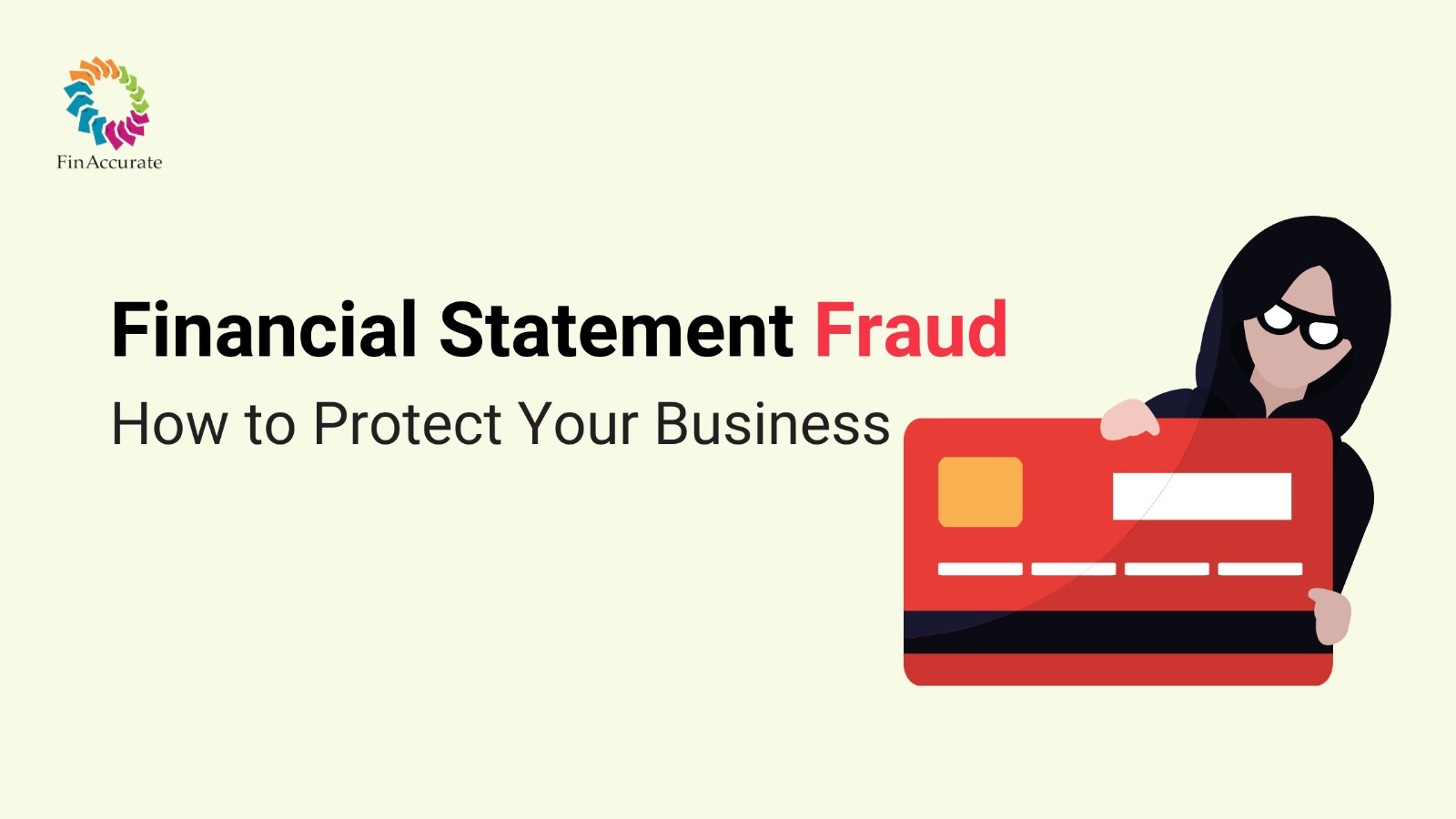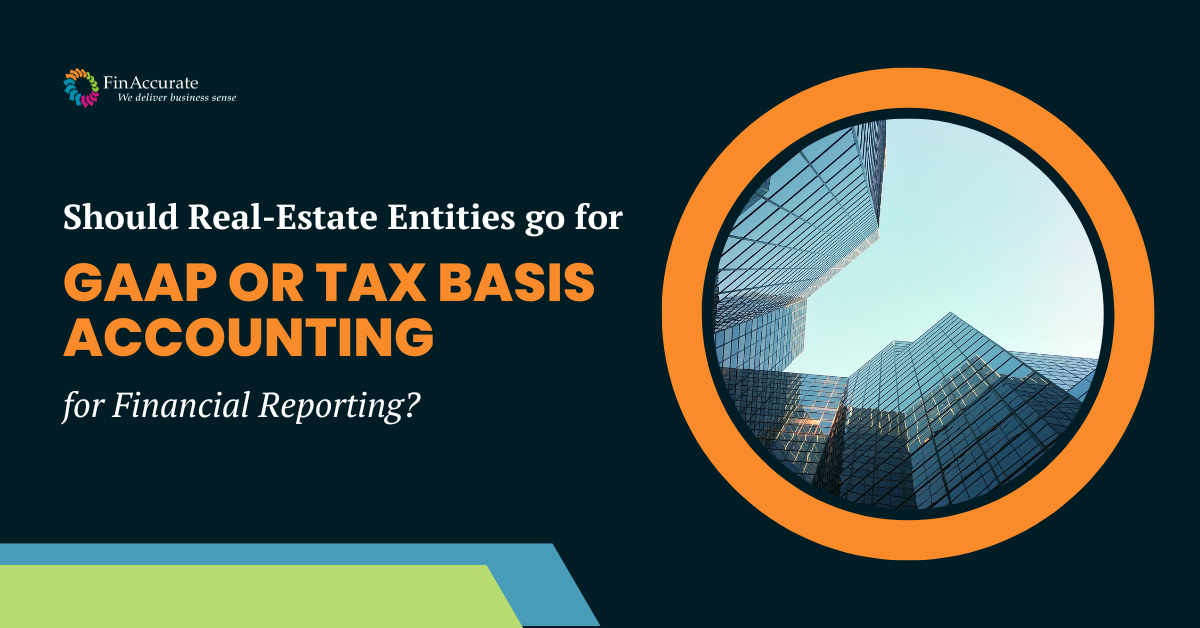Financial statement fraud is a serious threat to businesses of all sizes, industries, and locations. This type of fraud occurs when a company intentionally misrepresents its financial performance or position, typically through falsification of financial statements or other financial records.
The consequences of financial statement fraud can be devastating, resulting in significant financial losses, damage to the company’s reputation, and even legal consequences. In this blog, we will discuss what financial statement fraud is, how it occurs, and most importantly, what you can do to prevent it and protect your business.
Also Read: How The American Families Plan Impacts The Finances And Taxes Of Americans
What is Financial Statement Fraud?
Financial statement fraud is when a company’s financial statements are intentionally lied about, either by leaving out information or making it sound better than it is, to make the company’s financial position, performance, and cash flow look better.
This crime is usually done by high-level managers as a means to an end. Financial statement fraud can be done for personal gain, to keep the business going, or to keep one’s position as a leader in the organization. Fraudsters try to make the company seem more valuable than it really is so that investors will buy its stock, get loans from banks, or justify high salaries and bonuses that are tied to how well the company does.
No matter what the reason is, financial statement fraud causes problems for investors and shareholders, both current and potential. It can cause a lot of damage to a company’s reputation and lead to serious punishments from regulators like the U.S. Securities and Exchange Commission (SEC) or even arrests.
Types of Financial Statement Fraud
Business fraud takes many shapes, including bribery, kickbacks, and payroll fraud. But financial statement fraud, in particular, often involves manipulating accounting in order to create the illusion of a more profitable company. This could involve misrepresenting revenue, expenses, liabilities, and assets to make it appear that the company is doing better than it actually is.
1. Overestimating Revenue
Fraud can happen when a company says it has received money before the goods or services have been sent. This can be done by recording sales that may or may not happen in the future. If the company overestimates its income, it gives a false picture of its financial health, which could cause the price of its shares to go up.
2. Fictitious Sales And Revenue
Fictitious revenue is when a business claims to have made money from the sale of goods or services that never happened. This could be done by counting sales twice, making up “phantom” customers, or inflating or otherwise changing the invoices of real customers. People who commit this kind of fraud might take back the fake sales at the end of the reporting period to help hide the lie. In a famous fraud that came to light in 2016, Wells Fargo did the following: To meet sales goals that were impossible to reach, employees set up millions of checking and savings accounts for clients without their permission.
3. Differences in Timing
This one involves understating income in one accounting period by setting up a reserve that can be used to make up for lost income in future, weaker accounting periods. This type of fraud can also be done by putting sales on the books before they are made or paid for, re-billing accounts that are past due, or pre-billing for sales that will happen in the future.
4. Increasing An Asset’s Net Worth
This kind of fraud happens when a company overstates its assets by not using the right depreciation schedule or valuation reserve, like inventory reserves. It will cause net income and retained earnings to be overstated, which will make shareholders’ equity go up.
5. Concealment Of Obligations Or Liabilities
One type of financial statement fraud is the concealment of liabilities or obligations. This occurs when a company intentionally keeps liabilities or obligations off its financial statements in order to inflate equity, assets, and/or net earnings. Examples of concealed liabilities can include loans, warranties attached to sales, and underreported health benefits, salaries, and vacation time. The most straightforward method of concealing liabilities is to not record them at all.
6. Improper or Inadequate Disclosures
The information in financial statements must be correct and easy to understand so that the reader doesn’t get confused. Accounting changes that have a big effect on the financial statements must be mentioned. When this kind of fraud is done, things like important events, related-party transactions, contingent liabilities, and accounting changes are left out of the financial statements or made to look like they didn’t happen.
7. Falsifying costs
When a company doesn’t record all of its expenses, this is also a type of financial statement fraud. The company’s net income is overstated and its costs are understated, giving a false idea of how much money it is making.
8. Misappropriations
Changing a financial statement to hide theft or embezzlement by using double-entry bookkeeping or making up expense is a serious form of financial statement fraud. This kind of fraud is usually done by someone who wants to get rich, as opposed to frauds that are meant to make investors and the business community think that the company is worth more than it really is.
Also Read: Is Filing a Tax Extension Good for Your Business
How to Protect The Financial Fraud?
Here are some methods for protecting the business against financial fraud:
1. Financial Checks And Balances
Do an internal review of the company’s finances once a month. Make sure that all payments match all invoices and check to see if any documents are missing. Having random audits or an audit by a third party done on the books every year. It shows employees that the company is always keeping an eye on everyone and is serious about fraud, which discourages thieves.
2. Protect Computer Systems And Learn How to Use The Internet
Many small businesses have lost a lot of money because they didn’t worry about cyber security. Every system has the most up-to-date firewalls and anti-virus programs. Watch out for “phishing” schemes that try to get private information from a company. Most of these happen when malware is sent in an email that looks like it came from a bank or other service provider. Even though most are easy to spot, some have catchy titles or come from real addresses.
3. Protect Important Paper Documents
To ensure the security of their information, organizations should consider not sending documents electronically and instead using secure methods of delivery. Additionally, all printed financial statements and other confidential documents should be securely stored or shredded. Furthermore, newer photocopiers have a hard drive that keeps a record of every scanned, copied, or emailed image, which could contain confidential details like income tax and bank account records, social security numbers (SSN), and medical documents. In order to prevent the mishandling of this data, it is important to make sure the hard drive is removed and destroyed before disposing of or upgrading the copier.
4. Use Safe Online Banking
Online banking is a private way for small businesses to manage their money. The big banks now offer different levels of security for banking online. One of the benefits is that you can get real-time information 24 hours a day, 7 days a week. A person can easily plan and keep track of payments, and all of the transactions can be seen on an audit trail. Make sure to check your account activity often. Having immediate access to payment transactions from the past makes it easier to keep an eye out for any discrepancies.
5. Get Insurance
Property insurance policies don’t cover losses caused by crime or fraud, so it’s important to protect money from being stolen at work. “Fidelity insurance” protects the business from crimes like theft, forgery, misuse, and credit card fraud. Liabilities that are usually covered by this type of insurance are money loss and employee theft.
SCORE is a non-profit group that helps small businesses dream, grow, and reach their goals through education and mentorship.
Also Read: 5 Mistakes Avoid With Business Tax Return
Conclusion
Financial statement fraud can have severe consequences, including reputation damage and legal repercussions. To protect themselves, businesses should establish strong internal controls, conduct regular audits, train employees to detect fraud and seek outside expertise when necessary. By being proactive, businesses can reduce their risk of falling victim to financial statement fraud and ensure their financial health in the long run.
Jay’s Choice:-
1. The Benefits of Cloud-Based Accounting for Small Businesses
2. What are the Bookkeeper and Bookkeeping services costs?
3. How Artificial Intelligence is Revolutionizing Accounting Industry
4. How to find a Good Bookkeeper Near Me?
5. How to Hire a Top Bookkeeper: A Complete Guide






